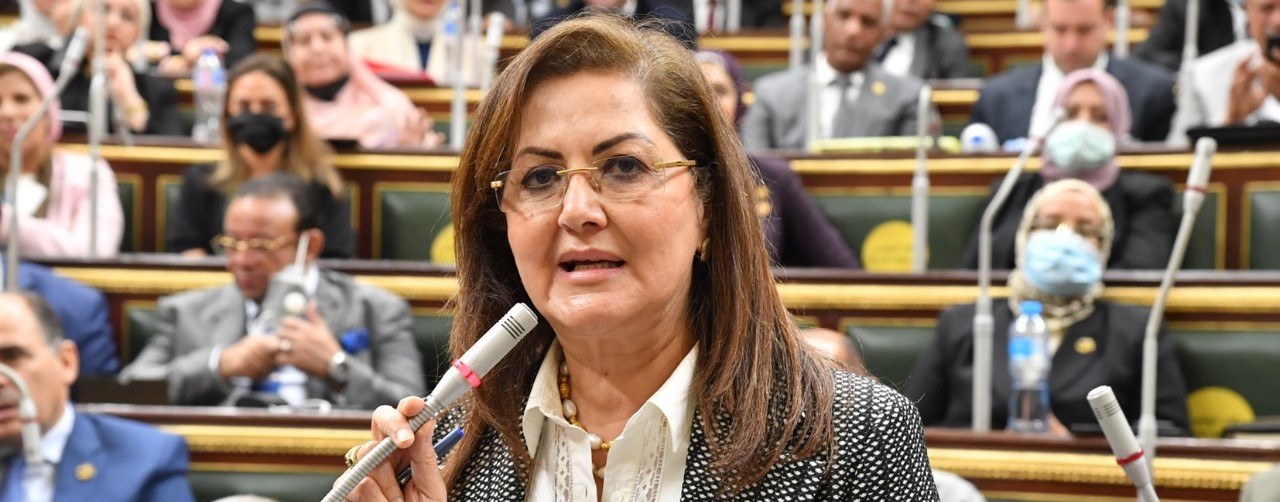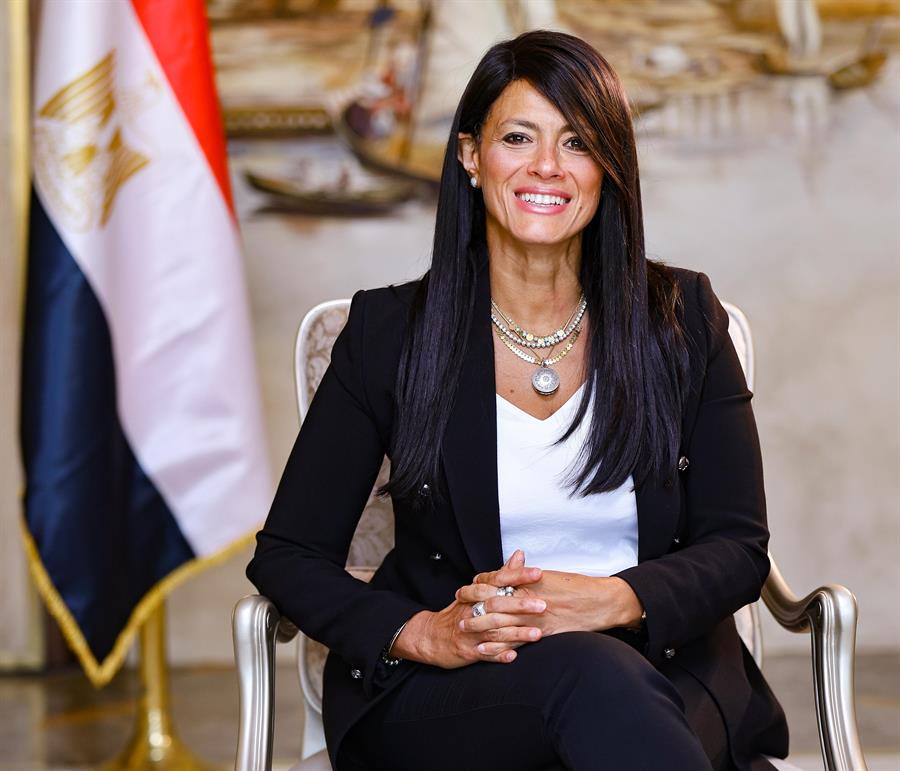Planning Minister discusses the FY2021/2022 Socio-Economic plan before Parliament Plan and Budget Committee

14 June 2021
Dr. Hala El-Said, Minister of Planning and Economic Development, reviewed on Monday the objectives of the health, education, university education and scientific research sectors in the plan for the year 21/2022, during a discussion of the report of the Plan and Budget Committee on the draft economic and social development plan for the fiscal year 21/2022.The fiscal year 21/2022 represents the fourth year of the medium-term sustainable development plan (2018/2019 - 2021/2022) before the Parliament.With regard to the health sector and the provision of health services to citizens, El-Said indicated that government investments have been dedicated to the Ministry of Health and Population; these investments exceed EGP 47.5 billion with a growth rate of 205%. The 21/2022 plan includes many initiatives, including: providing the necessary funds to enter 23 service hospitals, the implementation rate of which exceeded 70%, increasing the number of intensive care beds by 55%, increasing the number of nurseries by 10%, in addition to the initiative of the national project for self-sufficiency in plasma derivatives. The plan for the year 21/2022 aims to establish 20 plasma collection centers; six of them have been completed.Moreover , it is targeted to implement the remaining 14 centers in the plan for the year 2021/2022, as well as to implement the goals of the "Women's Health" initiative by 100%, covering 30 million women, in addition to making available about EGP 1 billion to enhance the capacity of providing health services to women.
El-Said drew attention to the comprehensive health insurance initiative, whose first phase is being implemented in eight governorates, starting with Port Said, and to be spread throughout Egypt.The 21/2022 plan aims to complete the development of 37 hospitals in the eight governorates, with the development of 30 primary care units in five of them.In the context of enhancing the role of university hospitals in health care, El-Said explained that the plan includes many initiatives, including: and the establishment of an electronic health record for all subscribers).With regard to the educational services sector, El-Said noted that public investments of more than EGP 56 billion have been allocated - on three main pillars. The first pillar goes round the availability and the achievement of equal educational opportunities for all without discrimination, through the full absorption of all pupils, educating girls and people with special abilities, and focusing on eradicating illiteracy.The second pillars goes around the achievement of the overall quality of the educational system, through the rehabilitation of schools, educational accreditation, curriculum development and systems of examinations, and activating the role of ICT in the educational process development. The third pillar goes around the improvement of the competitive systems and outputs of education, by raising the efficiency of support systems and frameworks for education through the expansion of community participation, and equitable distribution of educational services.Moreover, the third pillar includes the development of the role of scientific research institutions in the field of pre-university education.
El-Said added that within the framework of these pillars, the development plan aims to implement the following initiatives: Completing the digital transformation in the education system, including providing 600,000 tablets in the year of the plan, and completing distance education platforms.
The development plan also aims to provide pre-university education services in disadvantaged areas by establishing 93 schools comprising 1156 classrooms, as well as establishing 3125 mobile classrooms to accommodate 141,000 students to solve the problem of classroom density in an innovative, less expensive and more sustainable scientific manner, focusing on areas with high densities.Regarding the field of university education services and scientific research, El-Said referred to the implementation of many initiatives, including the automation of tests in 154 test centers in all universities and colleges with funds of EGP 1 billion, covering all governorates in government universities in the year 21/22, by completing the establishment of 3 universities.The implementation of 2 new universities has also been started, in addition to increasing the coverage rate of private universities from 11% to 60% by establishing 12 new private universities, as well as increasing the absorptive capacity of technological universities by 200% by establishing and operating 9 universities.









